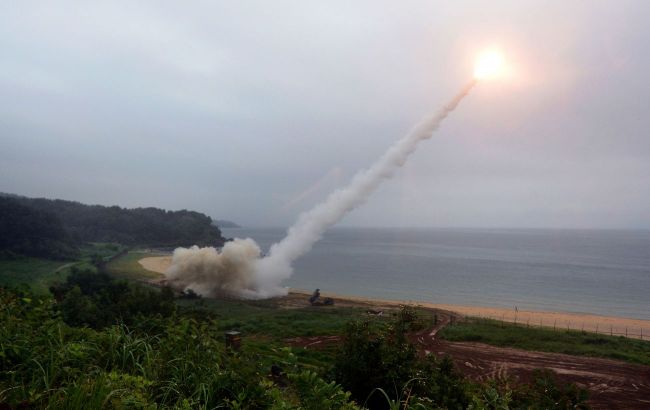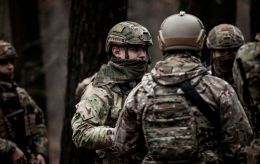ATACMS missiles for Ukraine: why US doesn't hurry to provide weapons
 The expert explained why the United States is in no hurry to provide Ukraine with long-range ATACMS missiles (Getty Images)
The expert explained why the United States is in no hurry to provide Ukraine with long-range ATACMS missiles (Getty Images)
The United States is very cautious about providing Ukraine with long-range ATACMS missiles, not because they fear escalation on the frontline, but rather due to concerns about certain military technologies falling into Russian hands, said Kostiantyn Mashovets, the coordinator of the "Information Resistance" group, in an interview with RBC-Ukraine.
According to the expert, it is unlikely that anyone in the military or politics in the West seriously fears any escalation.
"How could this escalation even happen? There were drones flying over the Kremlin, air raid alarms going off in the Belgorod and Bryansk regions, and in occupied Crimea, everything seems peaceful and calm. Their concern is clearly not about escalation but something entirely different. I believe they are genuinely afraid of certain military technologies ending up in the hands of the Russians, rather than Russia's reaction to the appearance of specific weaponry in the Armed Forces of Ukraine," he said.
Mashovets reminded that ATACMS is a weapon of a completely different level, "a premier league weapon."
"ATACMS is very expensive, highly precise, and extremely destructive, not to mention its long-range capabilities. ATACMS could be a direct equivalent to Ukraine's own ballistic missiles like the 'Sapsan' or 'Grim-2,' a Ukrainian 'Iskander.' It would fundamentally alter the operational-strategic situation in many ways," added the expert.
Moreover, in his opinion, the impact of Ukraine's acquisition of such weapons can be compared to the introduction of M-270 MLRS or HIMARS systems in the Armed Forces.
"Remember how they significantly changed the operational-tactical segment when they were introduced. ATACMS represents the next level, and in its case, it would have operational-strategic significance," Mashovets concluded.

